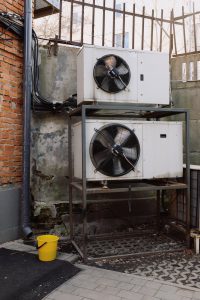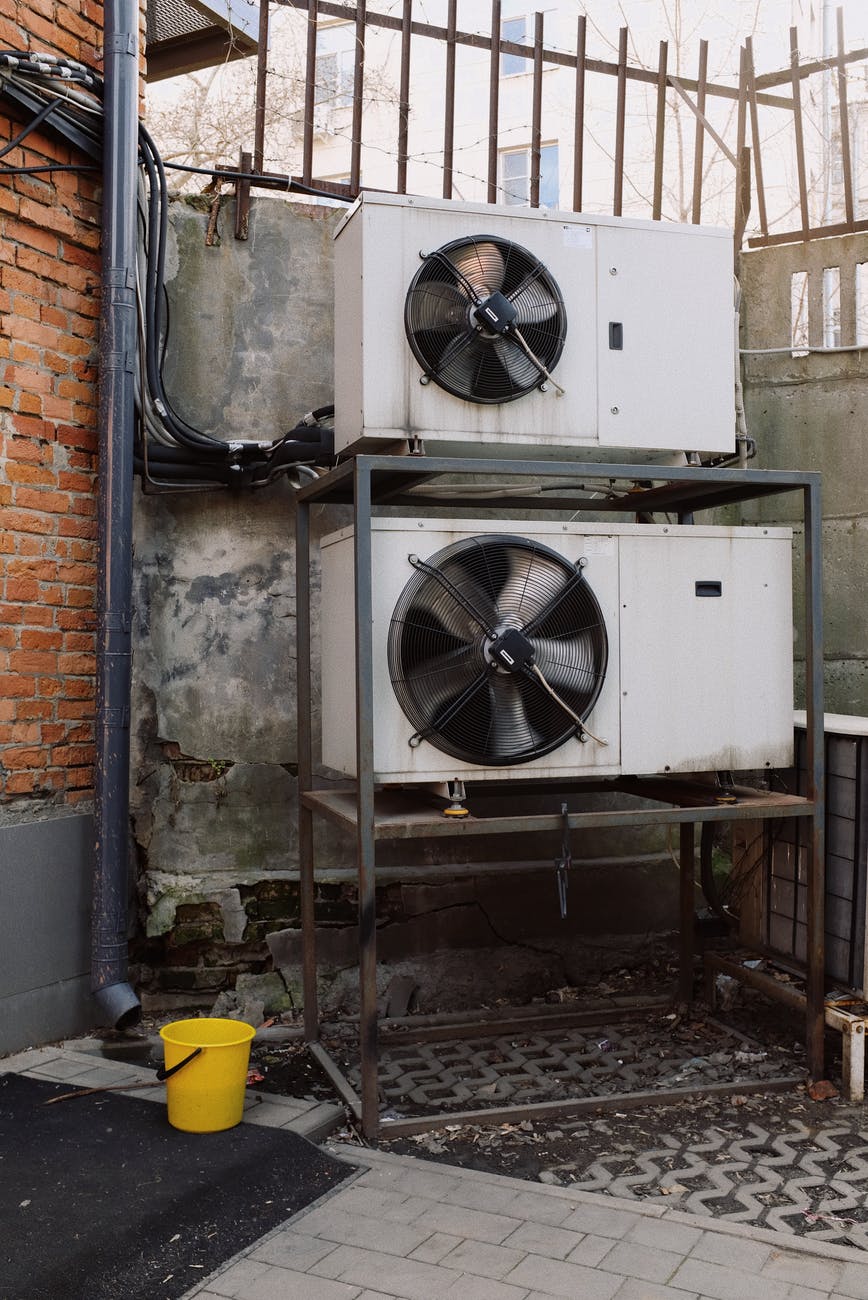Heating, ventilating and air conditioning (HVAC), refers to the science of indoor environmental comfort. Its aim is to offer acceptable indoor air quality and thermal comfort to the occupants of the building or premises. This involves careful selection of components to achieve energy savings, decrease the use of valuable resources, maintain indoor air quality that is acceptable, and keep indoor air quality at a desirable level. HVAC has many advantages over alternative heating and cooling options. Its environmental impact is one such benefit.
Air systems today are more efficient than ever. In recent years, HVAC products have become significantly less expensive. This has made HVAC equipment an attractive alternative to traditional heating and cooling options.

HVAC Building Services
HVAC has many advantages over central heating systems. HVAC can save energy, which leads to lower heating bills. It can reduce energy consumption by up to 15% in certain situations, as it heats, cools, and ventilates the space through ductwork, vents, or ductwork. If you are thinking about installing a system in your home, consider whether it will be cheaper to do so with an HVAC appliance than with central heating or central air conditioning. Some appliances are more complicated to maintain and service than heating and air conditioning systems.
Another great reason to choose an HVAC appliance instead of central air conditioning or heating is that they are more energy efficient. A heat pump, on the other hand, only uses as much energy to operate. Air conditioners, however, can take full advantage any radiant heat from sunlight. A heat pump also only cools air by using cold water, unlike most refrigeration units that use Freon or refrigerant gas to cool the air.
There are several types of air conditioning and heating systems. The first step in choosing the right type of air conditioning and heating system is to determine where it will be installed. Split or condensing AC systems, chilled cooling systems, and forced air systems are the most common types of air conditioning systems. You can find information about each type on the Internet, as well as their advantages and disadvantages.
You may be able to install a portable, battery-operated heating and cooling system if your home isn’t in an area that requires both air conditioning or heating. This is the best option if you have the money. For those living in areas where the air conditioning and heating system are required, it is imperative that you choose a quality brand and model. Read consumer reports and customer reviews to find out what kinds of systems are most reliable.
Comfort air conditioning is another option for HVAC systems. This type is similar to a refrigerated mini refrigerator and comes in either stainless steel or black (or white) finishes. Comfort air conditioning systems are similar to other HVAC systems. They require ductwork installation. Comfort air conditioning systems also come with an adjustable thermostat that can be set to make it more comfortable for those who don’t want to feel cold.
HVAC forced air systems can be another option if you are interested in energy efficiency. These systems use air pressure to cool down your home. These systems are more expensive than standard ones, but they can save you money. To find more information about energy savings, check out your local hardware store. A certified HVAC specialist can help you determine your options. An energy-efficient heating and conditioning system is a quick way to increase comfort.
Ventilation is another important part of indoor air quality. It circulates air through the space, much like a window fan. There are many types available: central and peripheral ventilation, exhaust fans, low-flow fans, and exhaust fans. Depending on where your home is located, you will need to decide if your HVAC system will be fed with outside air or inside air. Through the ductwork, central ventilation systems bring indoor air into your home. Parallel ventilation systems bring outdoor air into the home through vents in the roof.
If your goal is to achieve a comfortable thermal comfort, then you might not need to change your heating and cooling equipment at all. Heating and cooling professionals can evaluate your existing equipment. Sometimes, your heating or cooling technician can recommend an air conditioning contractor. You should still ask questions about the air conditioner system and how you can control it, even if the contractor is well-respected. A qualified professional should be capable of providing you with information about the ductwork or any equipment that could be causing problems.
When it comes to your buildings heating and cooling needs, you don’t need to spend large amounts of money or time and effort worrying about indoor air quality. HVAC building services can ensure that your heating and cooling equipment are working properly, offering you a comfortable indoor environment. You will also be provided with information about your ventilation requirements by professional technicians. This will help you to ensure that your employees, building occupants, as well as your guests, are safe. You can eliminate unwanted indoor air quality problems and create a new indoor environment that is safe, clean, and comfortable with the help of HVAC professionals.

